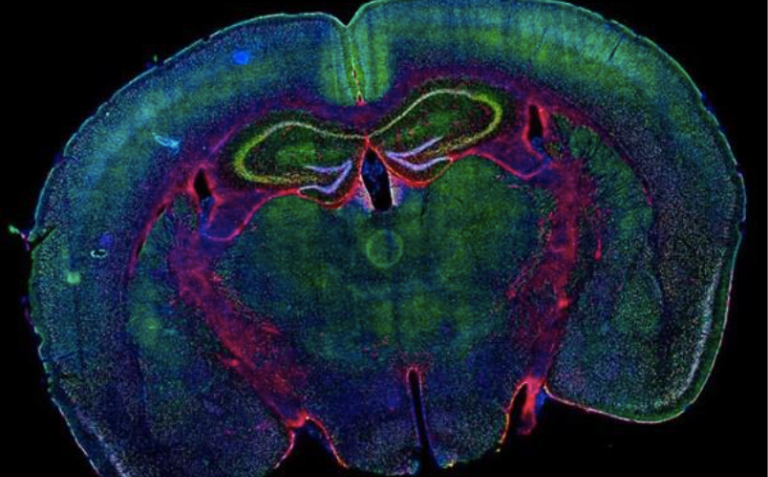
Alzheimer Research: Gliapharm raises CHF 3.65 Million
Share this article
The Alzheimer’s Drug Discovery Foundation (ADDF) invests CHF 3.64 Million in GliaPharm to advance its lead programme to accelerate the development of GliaPharm’s new drug, with the aim to gain approval for clinical testing in Alzheimer’s disease.
GliaPharm SA, a biotech company that specializes in the research and development of novel therapies to treat and prevent neurological diseases, announces the funding of its lead program in Alzheimer’s disease by the Alzheimer’s Drug Discovery Foundation (ADDF), a non-profit organization dedicated to accelerating drug discovery and development in Alzheimer’s disease.
“We are pleased to see our efforts supported by the ADDF, a global leader in Alzheimer’s research,” says Sylvain Lengacher, GliaPharm’s co-CEO and co-founder. The ADDF will invest $4.2 million to bring GliaPharm’s lead compound GP-119 to the clinical stage. GP-119 is a novel orally active small molecule that acts on brain energy metabolism.
“This comes as a strong validation for GliaPharm’s Alzheimer’s program and a solid partner for future developments,” adds Ambroise Magistretti, GliaPharm’s co-CEO and co-founder.
“While the brain is only about two percent of the body’s weight, it consumes about a quarter of the body’s energy in glucose stores, which is why it’s believed that poor brain metabolism can lead to neurodegeneration,” says Dr. Howard Fillit, Co-Founder and Chief Science Officer at the ADDF. “Developing new drugs that seek to regulate brain metabolism in the aging body like GliaPharm’s GP-119 are a promising approach for treating Alzheimer’s and related dementias, as we hope to develop an arsenal of drugs that can stop the disease in its tracks through combination therapy and precision medicine.”
One of the hallmarks of neurodegenerative diseases, such as Alzheimer’s, is a reduced glucose uptake in the brain, a condition known as hypometabolism. This metabolic decline occurs before symptoms arise and persists as the disease progresses. There are currently no specific treatments to address this problem in Alzheimer’s disease.
“GliaPharm’s innovative therapeutic approach is to target glial cells, the cells primarily responsible for glucose uptake into brain, and increase energy delivery to the brain and enhance brain energy metabolism that is defective in pathological conditions such as Alzheimer’s disease,” says Prof. Pierre J. Magistretti, GliaPharm’s scientific founder.
The company is currently developing its lead candidate towards clinical testing through IND/CTAenabling studies, which are mandatory to gain approval for clinical testing by the Food and Drug Administration (FDA) in the US, and the European Medicines Agency (EMA) in Europe.
“The support from the ADDF will be key to advance our lead program through preclinical regulatory studies, which will be followed by clinical trials. We are enthusiastic about the ADDF’s strategy to support novel and potentially complementary therapeutic solutions for Alzheimer’s disease, including our own approach to tackle brain hypometabolism,” says Dr. Charles Finsterwald, GliaPharm’s CSO and co-founder.
Source: Gliapharm